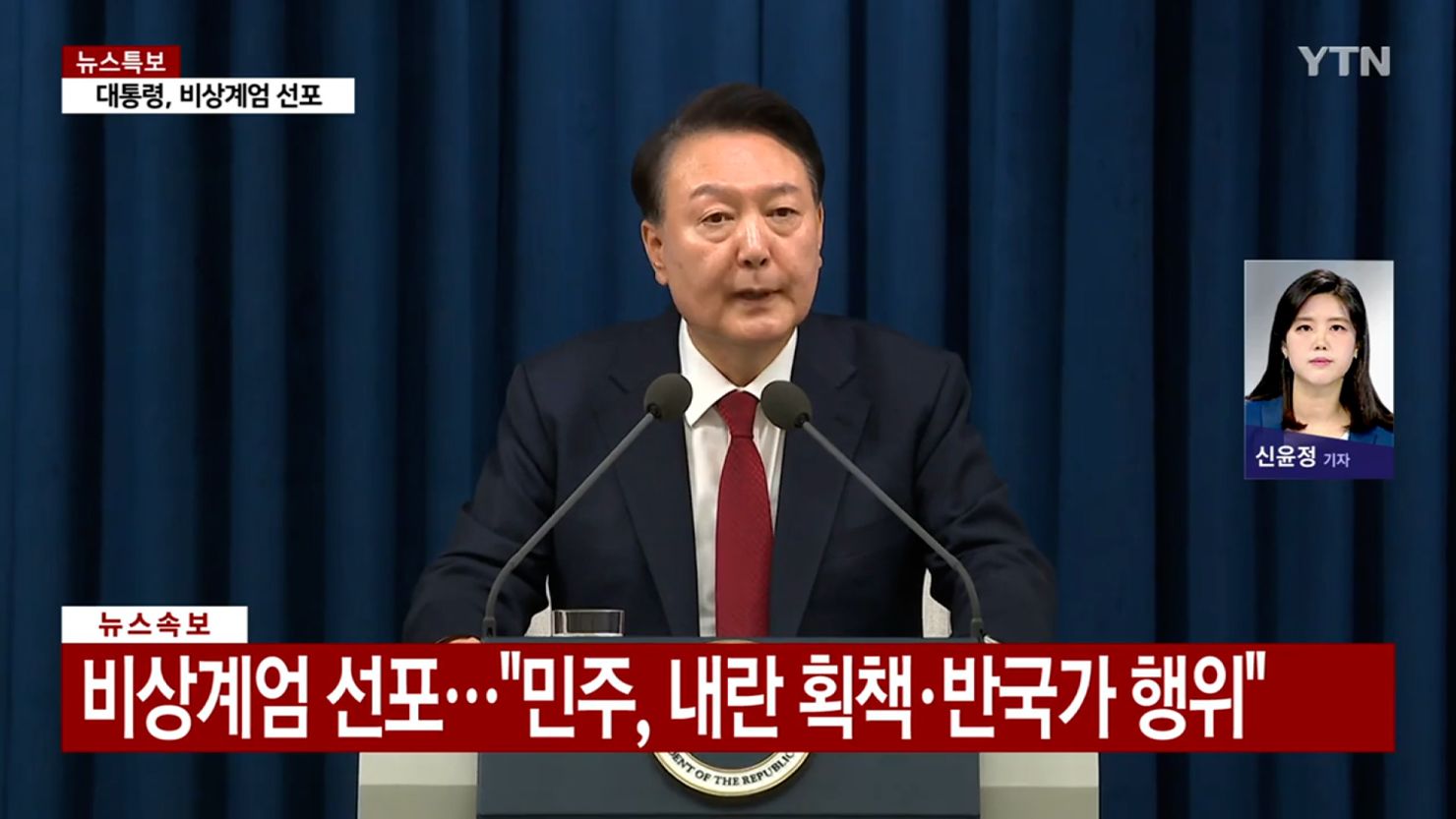In a shocking revelation, South Korea"s recent elections have unveiled a grim reality: 41% of voters supported a candidate linked to an insurrection attempt. This statistic highlights a grave crisis at the heart of Korean democracy, where the shadows of fascism loom larger than ever.
Society Struggles with Post-Fascism
According to research by S. Yang, the transition from a military dictatorship to democracy in Korea has not eradicated fascist tendencies. Instead, it has morphed into a form of attitudinal fascism, where authoritarian mindsets persist in the public consciousness. This reality becomes glaringly evident in the recent electoral outcomes that reflect a society grappling with its past and an uncertain future.
Fascist Legacies Shape Modern Attitudes
Kim Nu-ry, a professor at Chung-Ang University, argues that Korea"s struggle is rooted in its history of authoritarian rule. The remnants of this regime have left an indelible mark on the psyche of its citizens. The pledge of allegiance to the flag, once a symbol of national pride, now serves as a reminder of the authoritarian past that continues to shape societal norms. Just as Germany has sought to reckon with its Nazi history through education and societal reform, Korea must confront its own fascist legacy.
Education as a Tool for Change
Education in Korea rewards competitive and hierarchical thinking, stifling critical engagement and the capacity for empathy. The urgent need for an educational revolution is clear. By prioritizing human dignity over competition, we can cultivate a generation that resists political oppression and stands against social injustices. This transformation is not merely academic; it is a necessity for the survival of democratic values.

Yoon Suk Yeol: The "American Pie"-singing conservative who ...
Political Structures Must Evolve
The persistence of a political party that condones insurrection as a major opposition force raises critical questions about the health of Korean democracy. The electoral system must be reformed to ensure that such ideologies do not have a platform. The current landscape allows for the normalization of extremist views, which can only lead to further societal fractures.
Public Sentiment and Social Catastrophe
As reported by Yang’s dissertation, there exists a palpable feeling of social catastrophe among the populace. This sentiment feeds into the appeal of far-right ideologies, as citizens yearn for solutions in a time of crisis. Rather than confronting the root causes of social unrest, opportunistic leaders exploit these feelings, pushing the narrative of disaster that resonates with the populace.
Creating a New Political Landscape
Transforming Korea"s political and educational structures will require a concerted effort from all sectors of society. The urgency of this task cannot be overstated. It is imperative to re-establish the rights of educators to engage in political discourse, fostering an environment where students are empowered to question authority and advocate for justice. The political landscape must reflect the diverse voices of the populace, including those historically marginalized.
Accountability as a Cornerstone of Democracy
In order to reclaim democracy, accountability must become a cornerstone of the political process. The public must demand transparency from their leaders and actively participate in holding them accountable for their actions. This engagement is essential not only for the preservation of democratic ideals but also for fostering a society that genuinely values justice and equality.

Anti-North Korea protests erupt in Seoul

![[Video] Anti-ICE Protester Pepper Sprayed as CBP Agents Disperse Crowd in Minneapolis](/_next/image?url=%2Fapi%2Fimage%2Fthumbnails%2Fthumbnail-1768260677127-y71sb7-thumbnail.jpg&w=3840&q=75)

![[Video] Several injured as U-Haul truck drives through Iranian protestors in Los Angeles](/_next/image?url=%2Fapi%2Fimage%2Fthumbnails%2Fthumbnail-1768176682028-q95y6j-thumbnail.jpg&w=3840&q=75)
![[Video] Scuffle breaks out between Trump supporters and Anti-ICE protesters in Times Square](/_next/image?url=%2Fapi%2Fimage%2Fthumbnails%2Fthumbnail-1768165958203-hgcgb-thumbnail.jpg&w=3840&q=75)


![[Video] Gunfire between Iraqi security forces and Sadr militias in Baghdad](/_next/image?url=%2Fapi%2Fimage%2Fthumbnails%2Fthumbnail-1768343508874-4redb-thumbnail.jpg&w=3840&q=75)
